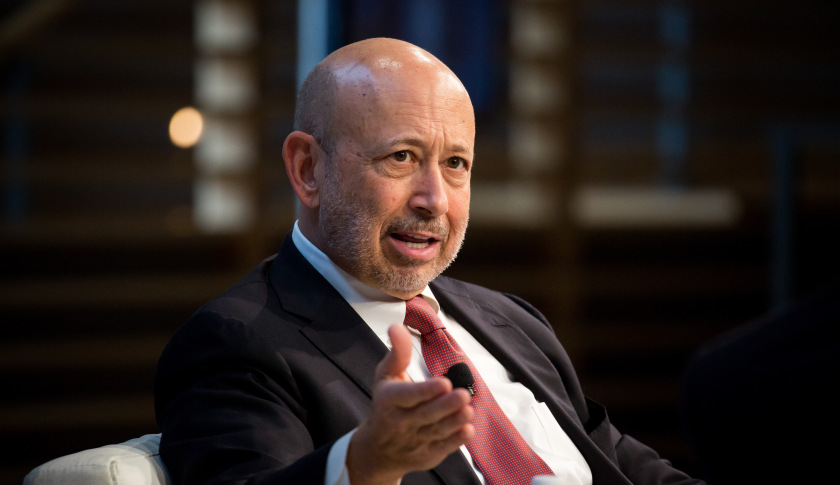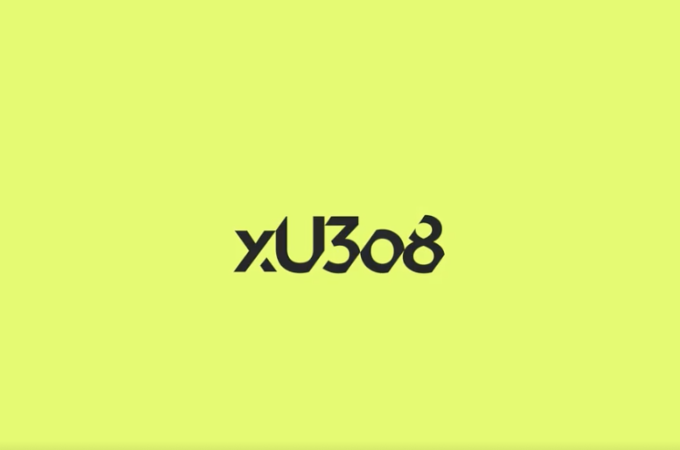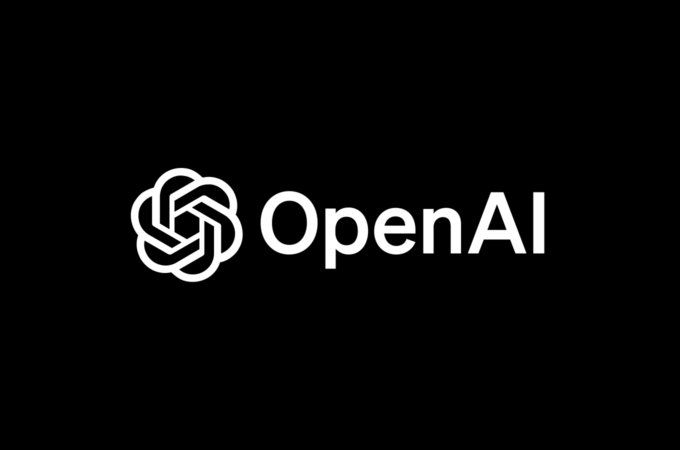
Why Goldman Sachs and Santander Are Bailing on R3’s Blockchain Group
By Robert Hackett for Fortune
Banks are dropping out.
Goldman Sachs has pulled out of R3 CEV, a blockchain group that counts more than 70 financial firms among its members.
The investment bank, which was one of the first nine to join R3 in fall 2015, decided to exit the group after failing to agree on terms of a prospective fundraising deal, sources close to the matter told Fortune. The Wall Street Journalfirst reported Goldman’s departure on Monday.
Following the news of Goldman’s departure, Banco Santander also withdrew, Reuters reported. Santander’s reasons for leaving are less clear.
Both Santander and Goldman are investors in Digital Asset Holdings, a rival blockchain startup headed by headed by Blythe Masters, a former J.P. Morgan top exec.
The shakeup indicates that the field is maturing rather than waning. Distributed ledger technologies—which underpin cryptocurrencies such as Bitcoin—are gearing up to replace the aging back office software and databases that keep Wall Street humming. As these blockchain solutions come closer to reality, the companies bacting their production are beginning to pick sides.
Fortune has learned Goldman informed R3’s member banks that it intended to exit the consortium on a call around the time of the Money2020 financial tech conference in Las Vegas in mid-October. The membership, which cost $100,000, according to a source familiar with the terms, lapsed on Oct. 31, and the bank chose not to renew.
The fundraising dispute centered on control. In May, R3 began seeking to raise a $200 million round that would have granted 90% of the firm’s equity to its member banks with 10% retained by R3, a person close to the negotiations told Fortune.
The consortium’s 42 original member companies—including J.P. Morgan Chase, Barclays, Deutsche Bank, UBS, and others—had equal rights under contract to participate in such a Series A deal, a source said. In addition, 31 other members of R3’s development lab would have the opportunity to contribute.
That opening bid was renegotiated to a $150 million raise from its member banks—with potential support from outside investors—that would give 60% ownership to the investors and 40% to R3. This deal framework—still a pending option—had been proposed in early fall, a source told Fortune.
Goldman sought more leverage in the deal, which could have included a board seat or some other element of additional control, sources said. When R3’s member financial firms moved to cap the raise at $150 million, Goldman decided to “exit the conversation and focus elsewhere,” said a source close to the matter.
A person familiar with Goldman’s internal thinking said that the bank did not expect R3 to mushroom to 70-plus members when it initially joined. The number of participants and competing interests made negotiations more difficult, the source said.
Goldman remains committed to blockchain technology, a spokesperson for the firm told Fortune. For instance, the bank co-led with IBM a $60 million investment in Digital Asset Holdings, as well as a $50 million round in Circle, a digital payments startup headed by Brightcove founder Jeremy Allaire.
Santander, also an investor in Digital Asset Holdings, recently named the startup’s CEO Blythe Masters to the role of senior blockchain advisor.
The bank did not immediately reply to Fortune’s request for comment on its exit from R3.
“As with any project of this scale and scope, we always expected the make-up of the consortium to change over time,” a spokesperson at R3 told Fortune in a statement. “Developing technology like this requires dedication and significant resources, and our diverse pool of members all have different capacities and capabilities which naturally change over time.”
Founded in 2014, R3 has attracted membership from top banks, including BBVA , Credit Suisse, State Street, Bank of America, and Citi. Last month, R3 decided to open source the code for Corda, the group’s collaboratively developed distributed ledger, through the Hyperledger Project, a blockchain group that operates as part of the non-profit Linux Foundation.
First appeared at Fortune





